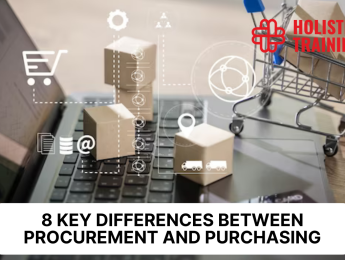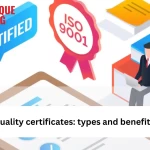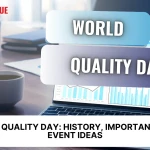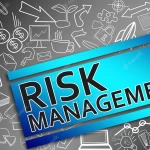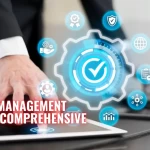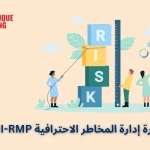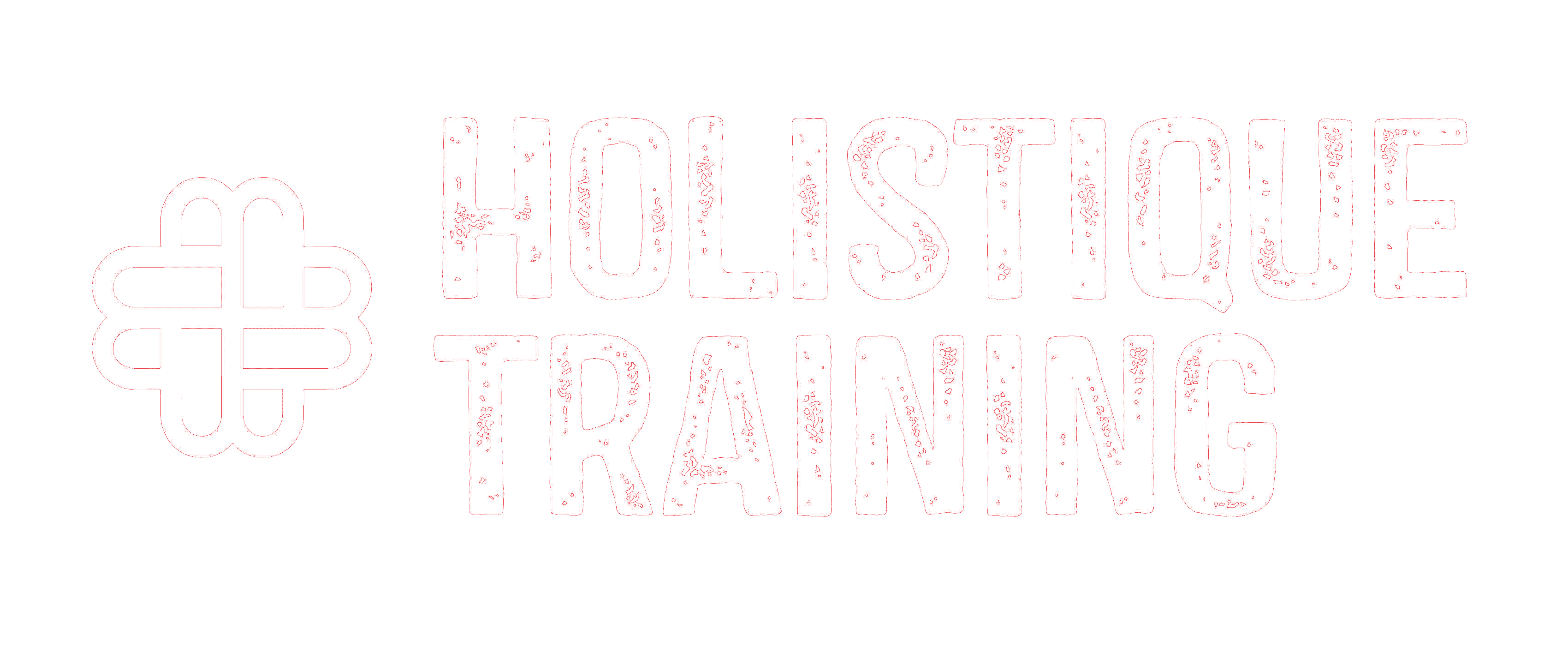- Table of Contents
- Introduction
- What Is Procurement?
- Common Types of Procurement Career Paths
- 1. Strategic Sourcing
- 2. Supplier Relationship Management (SRM)
- 3. Category Management
- 4. Procurement Operations
- 5. Supply Chain Management
- 10 Reasons Why You Should Pursue a Career in Procurement
- 1. Strategic Impact
- 2. Continuous Learning
- 3. Collaboration and Networking
- 4. Global Opportunities
- 5. Variety of Industries
- 6. Analytical and Strategic Thinking
- 7. Ethical Practices
- 8. Career Progression
- 9. Financial Rewards
- 10. Job Security
- Steps to Kickstart Your Career in Procurement
- 1. Education and Training
- 2. Gain Experience
- 3. Networking
- 4. Continuous Learning
- 5. Develop Soft Skills
- 6. Embrace Technology
- 7. Seek Mentors
- Exploring Procurement's Impact on Sustainability
- 1. Environmental Responsibility
- 2. Ethical Sourcing
- 3. Circular Procurement
- 4. Sustainable Packaging
- 5. Supplier Audits and Certification
- 6. Supply Chain Transparency
- 7. Risk Mitigation
- 8. Legal and Regulatory Compliance
- 9. Cost Savings
- 10. Brand Reputation and Consumer Appeal
- The Role of Technology: Procurement in the Digital Age
- E-Procurement Systems
- Data Analytics and Predictive Insights
- Artificial Intelligence (AI) and Machine Learning
- Blockchain for Supply Chain Transparency
- Supplier Portals and Collaboration Tools
- E-Sourcing and Reverse Auctions
- Supplier Performance Management
- Mobile Procurement Apps
- Digital Payments and Invoicing
- Cybersecurity and Data Protection
- Integration with ERP Systems
- Conclusion
Introduction
Amidst the ever-evolving landscape of modern business, the pivotal role of procurement has come to the forefront. From sourcing and negotiating contracts to nurturing supplier relationships, procurement professionals drive cost optimisation, quality assurance, and sustainability in organisations. If you're contemplating a career combining strategic thinking, negotiation prowess, and a passion for efficiency, the procurement world may be your perfect destination. In this comprehensive blog post, we will embark on a journey to explore the essence of procurement, unravel its diverse career paths, and uncover ten compelling reasons why you should set your sights on a procurement career. Furthermore, we'll outline practical steps to kickstart your journey into this dynamic and impactful field.
What Is Procurement?
Before we discuss the reasons to choose procurement as a career, let's first understand what procurement entails. Procurement is the process of acquiring goods, services, and works from external sources to meet an organisation's needs. It encompasses activities such as identifying suppliers, negotiating contracts, managing supplier relationships, and ensuring timely delivery. The overarching goal of procurement is to obtain the best value for an organisation while mitigating risks and maintaining ethical practices.
Common Types of Procurement Career Paths
Procurement offers diverse career paths, allowing professionals to specialise in various areas based on their interests and strengths. Some common procurement career paths include:
1. Strategic Sourcing
Role Overview
Strategic sourcing professionals play a pivotal role in identifying, evaluating, and selecting suppliers who can meet an organisation's specific needs. They are responsible for negotiating contracts that secure competitive pricing and ensure the highest quality standards.
Key Responsibilities
Supplier Selection: Careful evaluation of potential suppliers to determine their capabilities, reliability, and alignment with the organisation's objectives.
Contract Negotiation: Skilled negotiators who create agreements that benefit both parties while mitigating risks.
Quality Assurance: Ensuring the procured goods or services meet or exceed predefined quality standards.
Cost Optimisation: Balancing cost savings with quality to achieve the best value for the organisation.
Why Choose This Path
Strategic sourcing professionals are the frontline warriors in cost savings and quality optimisation. They can make substantial financial impacts on their organisations by securing favourable deals while maintaining the highest quality standards.
2. Supplier Relationship Management (SRM)
Role Overview
In supplier relationship management, professionals focus on building and nurturing strong, mutually beneficial relationships with suppliers. The goal is to maximise collaboration, efficiency, and value creation over the long term.
Key Responsibilities
Supplier Development: Working closely with suppliers to help them improve their processes, quality, and performance.
Conflict Resolution: Handling any issues or disputes that may arise in the supplier relationship.
Performance Monitoring: Continuously assess supplier performance and make improvements as needed.
Strategic Alignment: Ensuring the supplier's capabilities align with the organisation's strategic goals.
Why Choose This Path
SRM professionals bridge the organisation and its suppliers, fostering trust and collaboration. Their work directly impacts the efficiency and effectiveness of the supply chain, leading to improved overall performance.
3. Category Management
Role Overview
Category managers oversee specific spending categories within an organisation. These categories could be as diverse as IT, marketing, or logistics. They develop and execute strategic plans to optimise costs and drive innovation within their assigned areas.
Key Responsibilities
Market Analysis: Staying up-to-date with market trends and industry developments related to their specific category.
Supplier Selection: Identifying and selecting suppliers who can best serve the needs of their category.
Cost Reduction: Finding ways to reduce costs while maintaining or improving the quality of products or services.
Innovation: Encouraging and implementing innovations within their category.
Why Choose This Path
Category managers get the opportunity to become experts in their chosen category, which allows them to make highly informed decisions that can significantly impact the organisation's bottom line.
4. Procurement Operations
Role Overview
Procurement operations professionals are responsible for the day-to-day activities that keep the procurement function running smoothly. This includes purchasing order processing, supplier performance tracking, and contract administration.
Key Responsibilities
Purchase Orders: Managing the creation, approval, and tracking of purchase orders.
Supplier Performance: Evaluating and monitoring supplier performance to ensure contractual obligations are met.
Contract Management: Administering contracts, including renewals, amendments, and compliance monitoring.
Process Improvement: Identifying and implementing process improvements to enhance efficiency.
Why Choose This Path
Procurement operations professionals are the backbone of the procurement department. They ensure that all procurement activities are executed efficiently and that contracts and agreements are managed effectively.
Requirement | Description |
Education | Relevant degree or certifications. |
Analytical Skills | Ability to analyse data and trends. |
Communication | Effective written and verbal communication. |
Negotiation | Strong negotiation and persuasion skills. |
Ethics and CSR | Commitment to ethical practices and CSR. |
Technology Proficiency | Familiarity with procurement software and tools. |
Supplier Management | Skills in building and managing supplier relationships. |
Table 1: Key requirements for pursuing a career in procurement
5. Supply Chain Management
Role Overview
While not exclusively procurement, some professionals venture into broader supply chain roles. In these positions, they oversee the entire flow of goods, information, and finances, ensuring smooth operations and customer satisfaction.
Key Responsibilities
End-to-End Oversight: Managing the entire supply chain, from procurement and production to distribution and delivery.
Inventory Management: Ensuring optimal inventory levels to meet demand while minimising holding costs.
Demand Forecasting: Predicting future demand to optimise procurement and production schedules.
Logistics: Coordinating the movement of goods, including transportation and warehousing.
Why Choose This Path
Supply chain management offers a holistic view of how an organisation's products or services flow from suppliers to customers. Professionals in this field have the opportunity to streamline processes and improve overall efficiency, impacting both costs and customer satisfaction.
Each of these procurement career paths presents unique challenges and opportunities. Choosing the path that aligns with your interests, skills, and career goals can lead to a fulfilling and successful career in procurement. Whether you're drawn to strategic decision-making, supplier relationships, category expertise, operations efficiency, or supply chain optimisation, there's a role in procurement that suits your ambitions and talents.
10 Reasons Why You Should Pursue a Career in Procurement
Now that we understand the basics of procurement, let's delve into the ten compelling reasons why you should consider a career in this field:
1. Strategic Impact
Procurement professionals have the power to impact an organisation's bottom line significantly. They do this by strategically optimising costs, negotiating favourable terms, and fostering innovation through effective supplier management. For instance, they can identify alternative suppliers or negotiate long-term contracts that ensure cost stability, both of which contribute to the organisation's financial health.
2. Continuous Learning
Procurement is a dynamic field that demands continuous learning. The industry constantly evolves, with new market dynamics, emerging technologies, and regulatory changes. This ever-changing landscape ensures that professionals are engaged in a perpetual learning cycle, making every day in procurement a chance to acquire new skills and knowledge.
3. Collaboration and Networking
Procurement professionals work closely with cross-functional teams, suppliers, and stakeholders. This collaborative nature of the role enables professionals to build strong relationships, expand their professional network, and gain exposure to diverse perspectives. These connections can open doors to new opportunities and provide valuable insights into the business ecosystem.
4. Global Opportunities
In today's interconnected world, businesses expand across borders, necessitating procurement professionals who can navigate international supplier markets. Understanding cultural nuances, managing global supply chains, and ensuring compliance with international regulations are all part of the global opportunities procurement offers. This global perspective enhances one's skill set and worldview.
5. Variety of Industries
Procurement is a versatile profession found across various industries, including manufacturing, healthcare, retail, technology, and more. This versatility allows professionals to explore their passions and apply their skills to different sectors. For example, a procurement expert might work in the healthcare industry, ensuring timely and cost-effective medical equipment and supplies procurement.
6. Analytical and Strategic Thinking
Procurement professionals must analyse complex data, assess risks, and develop strategic plans. This analytical and strategic thinking fosters problem-solving skills and a proactive approach to decision-making. For instance, they might use data analysis to identify cost-saving opportunities or assess the potential risks associated with a supplier.
7. Ethical Practices
Procurement professionals are vital in promoting ethical sourcing, supplier diversity, and sustainable practices. They ensure the organisation's procurement activities align with corporate social responsibility goals. For example, they might prioritise suppliers who adhere to fair labour practices or source materials from environmentally responsible sources.
8. Career Progression
Procurement offers ample opportunities for career growth and advancement. Professionals can climb the ladder from entry-level positions to managerial roles and beyond. This upward trajectory can lead to executive-level positions such as Chief Procurement Officer (CPO). The ability to continuously advance in your career is a significant motivator for many in the field.
9. Financial Rewards
Due to their strategic contributions to cost optimisation and value creation, procurement professionals are highly valued in organisations. This recognition often translates into competitive salaries and attractive compensation packages. For instance, in the UK, salaries for procurement experts have consistently outpaced national averages, demonstrating the financial rewards associated with the profession.
10. Job Security
In a world of economic uncertainties, procurement offers relative job security. Organisations rely on procurement professionals to navigate market fluctuations, manage risks, and ensure the continuity of supply. Their expertise in risk mitigation, efficient outsourcing management, and ethical compliance makes them indispensable.
These reasons collectively make a compelling case for pursuing a career in procurement. Whether you're motivated by the opportunity to make a strategic impact, the allure of continuous learning, the prospect of global experiences, or the financial rewards, a career in procurement offers a dynamic and fulfilling path with numerous avenues for professional growth and success.
Steps to Kickstart Your Career in Procurement
1. Education and Training
Procurement is a profession that requires a solid foundation in relevant knowledge areas. To begin your journey, pursue relevant academic degrees, certifications, and professional training programmes. Some key areas of study include procurement and supply chain management, negotiation skills, contract management, and ethical sourcing practices. Acquiring these qualifications will build your knowledge and make you a more attractive candidate to potential employers.
2. Gain Experience
Practical experience is invaluable in the procurement field. Seek internships, fellowships, entry-level positions, or rotational programmes within procurement departments. These opportunities provide hands-on experience in various aspects of procurement, such as supplier management, contract negotiations, and procurement operations. Real-world exposure is crucial for developing a deep understanding of how procurement functions in different industries and organisations.
3. Networking
Building a strong professional network is essential in the procurement world. Attend industry conferences, join professional associations like the Institute for Supply Management (ISM) or the Chartered Institute of Procurement & Supply (CIPS), and engage in online forums related to procurement. Networking allows you to connect with experienced professionals, potential mentors, and job opportunities. It also provides a platform for sharing insights and updating industry trends.
4. Continuous Learning
Procurement is a continuously evolving field. To stay competitive, invest in continuous learning. Attend webinars, enrol in online courses, and regularly read industry publications to stay updated on market dynamics, emerging technologies, and best practices. The ability to adapt to evolving procurement practices is a key skill that employers value.
You can also consider specialised training courses, such as our ‘Effective Tendering and Negotiation in Procurement’ course, to further develop your skills in specific procurement areas.
5. Develop Soft Skills
In addition to technical knowledge, procurement professionals require excellent soft skills, including communication, negotiation, and relationship-building skills. Develop these skills to enhance your effectiveness in the role. Effective communication, for example, is crucial when dealing with suppliers, internal stakeholders, and cross-functional teams. Negotiation skills are essential for securing favourable terms and agreements.
6. Embrace Technology
Familiarise yourself with procurement software, data analytics tools, and emerging technologies like artificial intelligence (AI) and blockchain. Technology plays an increasingly significant role in procurement, streamlining processes, improving data analysis, and enhancing decision-making. Proficiency in these tools can give you a competitive edge and enable you to adapt to the evolving digital procurement landscape.
7. Seek Mentors
Identifying experienced procurement professionals who can serve as mentors is invaluable. Their wisdom and insights can help you navigate challenges, make informed career choices, and accelerate your growth. Mentorship relationships can guide specific procurement practices, career advancement strategies, and industry nuances.
By diligently following these steps, you'll be well on your way to kickstarting your career in procurement. Remember that procurement is a field that rewards those who invest in their education, practical experience, and professional development. It's a journey that offers substantial opportunities for growth and fulfilment, and with commitment and dedication, you can succeed in this dynamic profession.
Exploring Procurement's Impact on Sustainability
Sustainability is no longer a buzzword but a critical aspect of modern business practices. It encompasses environmental, social, and ethical considerations, and procurement is pivotal in promoting sustainability across all these dimensions. Here's a closer look at how procurement can contribute to a sustainable future:
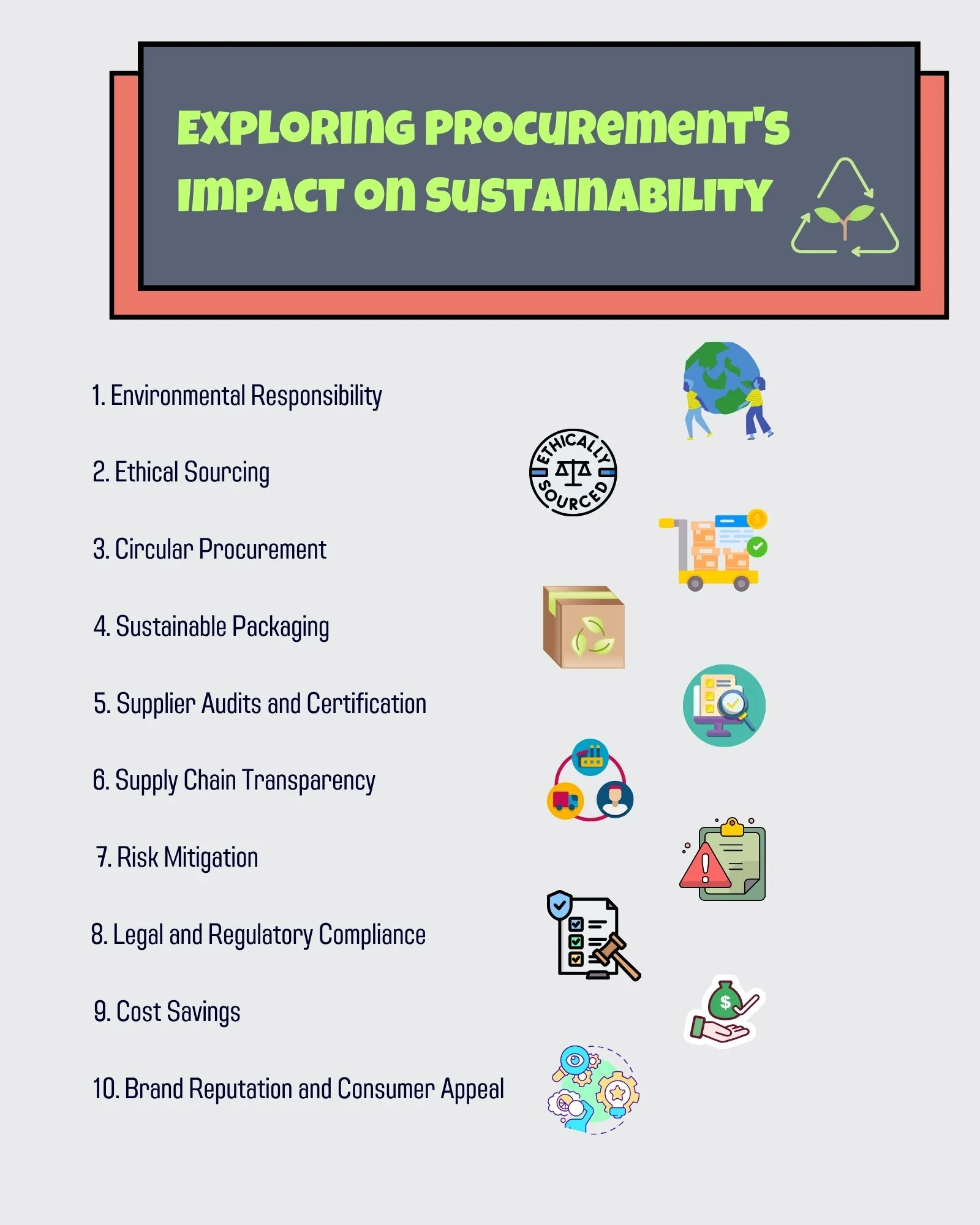
1. Environmental Responsibility
Procurement professionals can influence an organisation's environmental footprint by making sustainable choices in sourcing materials and products. They can prioritise suppliers who use eco-friendly manufacturing processes, reduce waste, and employ renewable energy sources. For instance, choosing suppliers with strong environmental certifications, such as ISO 14001, can significantly reduce a company's carbon emissions.
2. Ethical Sourcing
Procurement teams can ensure that suppliers adhere to ethical and fair labour practices. By carefully vetting suppliers and monitoring their operations, procurement can help prevent worker exploitation and promote social responsibility within the supply chain. This includes ensuring that suppliers pay fair wages, provide safe working conditions, and respect human rights.
3. Circular Procurement
Circular procurement focuses on reducing waste and extending the lifecycle of products and materials. Procurement professionals can implement circular practices by sourcing products that are easy to repair, recycle, or refurbish. This approach not only reduces environmental impact but also lowers costs in the long run.
4. Sustainable Packaging
The choices made in procurement can significantly impact the amount of packaging waste generated by a company. Procurement professionals can opt for suppliers that use minimal or recyclable packaging materials. Organisations contribute to a more sustainable and environmentally friendly supply chain by reducing packaging waste.
5. Supplier Audits and Certification
Procurement departments can conduct supplier audits to ensure compliance with sustainability standards and certifications. They can verify whether suppliers meet specific environmental, social, and ethical criteria. For example, they may assess whether suppliers follow guidelines for responsible sourcing of raw materials, reducing water usage, or minimising energy consumption.
6. Supply Chain Transparency
Transparency within the supply chain is essential for sustainability. Procurement professionals can work to increase transparency by encouraging suppliers to disclose information about their practices and impacts. Transparency allows organisations and consumers to make informed decisions based on ethical and sustainable considerations.
7. Risk Mitigation
Sustainability risks, such as supply chain disruptions due to climate change or reputational damage from unethical practices, can have severe consequences for businesses. Procurement can play a role in identifying and mitigating these risks by diversifying supplier sources, evaluating vulnerabilities, and developing contingency plans.
8. Legal and Regulatory Compliance
Procurement must stay updated on evolving sustainability regulations and ensure the organisation complies with them. Regulations related to environmental impact, ethical sourcing, and product safety can impact procurement decisions and require careful attention to detail.
9. Cost Savings
Sustainable procurement practices often lead to long-term cost savings. For example, energy-efficient equipment and sustainable materials can reduce operational expenses. Additionally, avoiding fines and penalties associated with non-compliance with sustainability regulations can protect a company's financial health.
10. Brand Reputation and Consumer Appeal
Organisations that prioritise sustainability in their procurement practices tend to build a positive brand reputation and appeal to consumers who value ethical and environmentally responsible products. This can result in increased customer loyalty and market competitiveness.
The Role of Technology: Procurement in the Digital Age
According to Cflow, there has been swift progress in procurement technology over the past 5 years. Technology integration into procurement processes has revolutionised how organisations source, negotiate, manage suppliers, and optimise their supply chains. Here's a closer look at the multifaceted role of technology in modern procurement:
E-Procurement Systems
E-procurement systems are the backbone of digital procurement. These platforms enable organisations to manage the entire procurement lifecycle electronically. They streamline processes for requisitioning, ordering, receiving, and paying for goods and services. E-procurement systems also provide a centralised repository for supplier information, contracts, and purchase history, facilitating data-driven decision-making.
Data Analytics and Predictive Insights
Procurement professionals can harness the power of data analytics to gain valuable insights into spending patterns, supplier performance, and market trends. Predictive analytics can help forecast demand, identify cost-saving opportunities, and optimise inventory levels. Organisations can make more informed procurement decisions and mitigate risks by leveraging data.
Artificial Intelligence (AI) and Machine Learning
AI and machine learning technologies are increasingly used to automate routine procurement tasks and enhance decision-making. Chatbots and virtual assistants can handle supplier inquiries and routine transactions, freeing up procurement professionals for strategic activities. Machine learning algorithms can analyse vast datasets to identify cost-saving opportunities, detect anomalies, and improve supplier selection.
Blockchain for Supply Chain Transparency
Blockchain technology provides a transparent and immutable ledger of transactions. In procurement, blockchain can enhance supply chain transparency by recording every step in the procurement process. This ensures traceability and reduces the risk of fraud or counterfeit products. It is especially valuable in industries where product authenticity and origin are critical, such as pharmaceuticals and luxury goods.
Supplier Portals and Collaboration Tools
Supplier portals and collaboration tools facilitate seamless communication and collaboration with suppliers. These platforms enable real-time information sharing, updates on order status, and document exchange. They promote transparency, reduce errors, and enhance supplier relationships, leading to more efficient procurement operations.
Aspect | Before Technology | After Technology |
Processes | Manual and paperwork intensive | Automated and streamlined |
Communication | Mostly offline and slower | Real time and digital |
Decision Making | Relied on experience and intuition | Data driven and analytical |
Supplier Relations | Limited visibility and communication | Enhanced collaboration and transparency |
Sustainability | Minimal focus on sustainability | Integration of sustainability metriics |
Efficiency | Prone to delays and errors | Improved efficiency and accuracy |
Data Management | Manual data entry and record-keeping | Centralised digital data management |
Table 2: The effect of technology on procurement
E-Sourcing and Reverse Auctions
E-sourcing tools and reverse auctions streamline the supplier selection and negotiation process. E-sourcing platforms allow organisations to send electronic requests for proposals (RFPs) to suppliers, collect responses, and evaluate them digitally. Conversely, reverse auctions create a competitive bidding environment where suppliers compete to offer the best price, driving cost savings.
Supplier Performance Management
Technology aids in supplier performance management by automating the collection and analysis of supplier performance data. Key performance indicators (KPIs) related to delivery times, quality, and compliance can be tracked electronically. This data-driven approach lets organisations make informed decisions about supplier relationships and contracts.
Mobile Procurement Apps
Mobile apps enable procurement professionals to manage procurement tasks on the go. They can approve purchase requisitions, track orders, and communicate with suppliers from their mobile devices. Mobile procurement apps enhance flexibility and responsiveness in a fast-paced business environment.
Digital Payments and Invoicing
Digital payment and invoicing solutions streamline financial transactions in procurement. Electronic invoicing reduces paperwork, accelerates payment cycles, and minimises errors. Digital payment methods, such as electronic funds transfers (EFT) and virtual credit cards, offer convenience and security.
Cybersecurity and Data Protection
As procurement processes become increasingly digital, the importance of cybersecurity and data protection cannot be overstated. Technology safeguards, such as encryption, secure cloud storage, and regular security audits, are essential to protect sensitive procurement data from cyber threats.
Integration with ERP Systems
Integration with enterprise resource planning (ERP) systems is crucial for a seamless flow of information between procurement and other departments, such as finance and inventory management. This integration ensures consistency in data, enhances decision-making, and supports overall business operations.
In summary, technology is not just an enabler but a driving force behind the evolution of procurement in the digital age. Integrating e-procurement systems, data analytics, AI, blockchain, and other technological innovations empowers organisations to make data-driven, efficient, and sustainable procurement decisions. Procurement professionals who embrace and leverage these technologies are better positioned to navigate the complexities of modern supply chains and drive strategic value for their organisations.
Conclusion
Procurement offers a promising and fulfilling career path for individuals seeking a blend of strategic thinking, collaboration, and continuous learning. From driving cost optimisation to promoting sustainability and ethical practices, procurement professionals make a tangible impact on organisations. By following the outlined steps and leveraging the ten compelling reasons discussed, you can kickstart your procurement career and embark on an exciting professional growth and success journey. Remember, in the procurement world, opportunities abound for those who are passionate, analytical, and committed to excellence.






